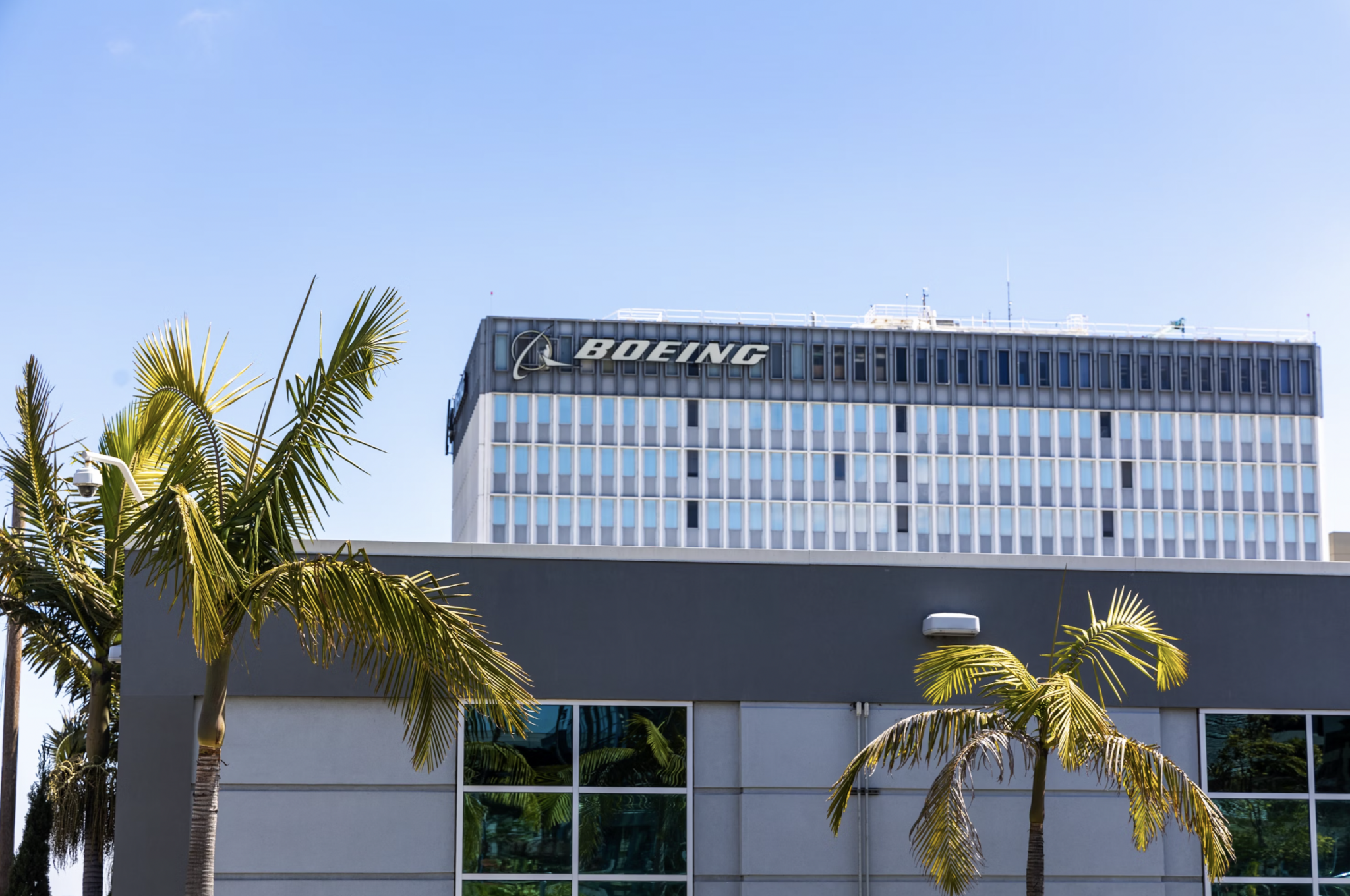
John Fry is a student at Harvard Law School.
In today’s news and commentary, meatpacking giants settle wage-fixing suit; momentum grows for Boeing strike; and UAW staffers fight for a union contract.
A trio of meatpacking companies has agreed to settle a wage-fixing case for $57 million. Cargill, Hormel Foods, and National Beef were accused in a class-action lawsuit of conspiring to suppress workers’ wages using no-poach agreements and other methods. Several other meat companies have already settled in the same case, and the combined total of settlements to date exceeds $200 million. Relatedly, the Department of Justice has accused Agri Stats, a data company, of enabling a vast price-fixing scheme in the meat industry by disseminating industry-wide reports which the government claims meat companies have used to fix prices at an artificially high, anticompetitive level.
A strike may be impending at Boeing, as the company’s Seattle-area workers react negatively to a tentative agreement that their union reached with the company. While the agreement would provide the workers with a 25% pay raise over four years (a similar increase to what the United Auto Workers won from Detroit’s Big Three automakers last year), the agreement also eliminates a performance bonus for workers and does not restore pensions, which the union lost in its controversial 2014 contract with Boeing. The president of the Machinists local which represents the workers pointed to Boeing’s commitment to build its next line of planes in the Seattle area, an important commitment given the company’s controversial pivot in 2020 to assembling some planes in South Carolina, a move that some regarded as a union avoidance tactic. However, the rank-and-file appears largely unswayed, with some workers chanting “strike” during their lunch break and others preparing supplies for a picket line.
Lastly, UAW staffers who are organizing their own union have accused UAW of retaliating against them and denying them the same protections that UAW seeks for its own members. UAW Staff United has filed various unfair labor practice charges against the union, alleging that one organizer was wrongly terminated and that the union has engaged in bad-faith bargaining. Organizers argue that their own lack of job security undermines their ability to run organizing campaigns and bring more workers into UAW’s membership. For its part, UAW has denied the union’s claims and stated that it bargains in good faith with all unions representing UAW staff.






Daily News & Commentary
Start your day with our roundup of the latest labor developments. See all
September 16
In today’s news and commentary, the NLRB sues New York, a flight attendant sues United, and the Third Circuit considers the employment status of Uber drivers The NLRB sued New York to block a new law that would grant the state authority over private-sector labor disputes. As reported on recently by Finlay, the law, which […]
September 15
Unemployment claims rise; a federal court hands victory to government employees union; and employers fire workers over social media posts.
September 14
Workers at Boeing reject the company’s third contract proposal; NLRB Acting General Counsel William Cohen plans to sue New York over the state’s trigger bill; Air Canada flight attendants reject a tentative contract.
September 12
Zohran Mamdani calls on FIFA to end dynamic pricing for the World Cup; the San Francisco Office of Labor Standards Enforcement opens a probe into Scale AI’s labor practices; and union members organize immigration defense trainings.
September 11
California rideshare deal advances; Boeing reaches tentative agreement with union; FTC scrutinizes healthcare noncompetes.
September 10
A federal judge denies a motion by the Trump Administration to dismiss a lawsuit led by the American Federation of Government Employees against President Trump for his mass layoffs of federal workers; the Supreme Court grants a stay on a federal district court order that originally barred ICE agents from questioning and detaining individuals based on their presence at a particular location, the type of work they do, their race or ethnicity, and their accent while speaking English or Spanish; and a hospital seeks to limit OSHA's ability to cite employers for failing to halt workplace violence without a specific regulation in place.